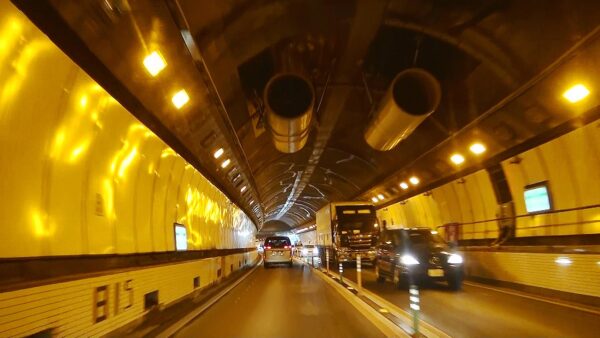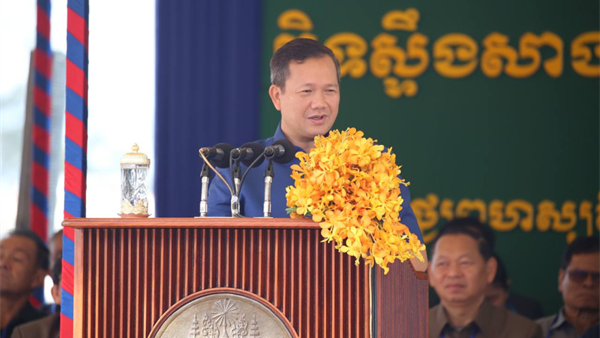Chinese tech giant Baidu has announced that it has just made its hundredth Apolong self-driving mini bus, making it the first company in the world to bring a fully autonomous electric bus into volume production.
The Apolong, which seats up to 14 people and has no steering wheel, is scheduled to enter service after its launch at the Baidu World conference in Beijing in November. It will then make its debut in a number of Chinese cities, including Beijing, Shenzhen, Pingtan and Wuhan.
The plan is to limit them to areas away from the challenges of busy city streets, such as tourist attractions and airports.
Baidu is also planning to begin a global roll-out of the bus this year, beginning with 10 buses in Japan, in areas such as Tokyo’s Haneda airport, where they will be used to shuttle maintenance workers around the site.
Robin Li, chief executive and founder of Baidu, said: “We will thoroughly change the auto industry and transform our future lifestyles.”
The bus is being built by King Long, Baidu’s automotive partner, in its factory in Xiamen in south-east China’s Fujian province. It uses Baidu’s self-driving artificial intelligence system Apollo.Â
The Japanese launch will be carried out in conjunction with Japanese tech firm SoftBank. Yuki Saji, the head of SoftBank’s autonomous driving division, said: “In Japan, public transportation is facing a number of challenges, including traffic network reduction, driver shortage and driver ageing.
“We expect self-driving technology will solve these problems in the near future. Launching Apolong is an important step to maintain public transportation in Japan.”
Image: Look, no hands: The 70km/h Apolong can run for 100km on a two-hour charge (Baidu)
Further reading:










